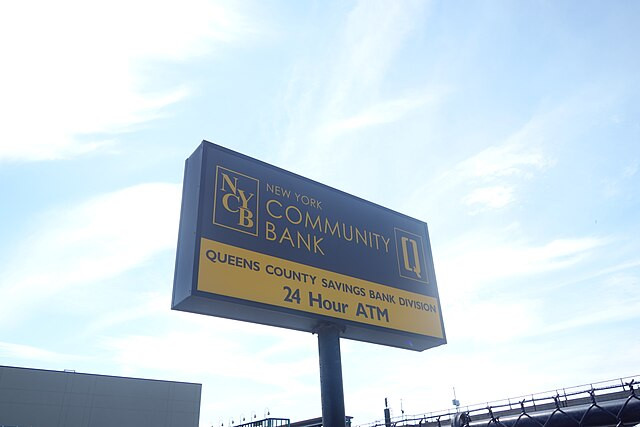New York Community Bancorp (NYCB) announced a $1 billion capital raise and a leadership shakeup on Wednesday, as the struggling regional bank seeks to shore up its balance sheet and restore investor confidence. The deal, which includes investment from firms such as Steve Mnuchin's Liberty Strategic Capital, Hudson Bay Capital, and Reverence Capital Partners, will also bring four new members to the bank's board of directors, including Mnuchin himself.
As part of the agreement, Joseph Otting, former comptroller of the currency, will take over as CEO, replacing Alessandro DiNello, who had briefly assumed the role after the bank disclosed material weaknesses in its internal controls related to internal loan review last week. DiNello, who had previously served as CEO of Flagstar Bank, will remain on the board as executive chairman.
The announcement of the capital raise comes amid growing concerns over NYCB's financial health, with shares plunging more than 42% earlier in the day following reports that the bank was considering raising cash through the sale of stock. The stock, which has lost 80% of its value since the beginning of the year, was halted pending news of the investment deal.
NYCB's troubles began in late January when the bank disclosed that it was dramatically raising the allowance for potential loan losses on its balance sheet, citing exposure to commercial real estate as a potential issue. This was followed by a credit rating downgrade to junk status by Moody's Investors Service, adding to the bank's woes.
The challenges faced by NYCB are reminiscent of those that led to the failures of Silicon Valley Bank, Signature Bank, and First Republic in the spring of 2023. These regional banks struggled as higher interest rates pushed down the value of older Treasury holdings and led some depositors to move their accounts elsewhere.
With the U.S. economy continuing to show surprising strength and inflation still above the Federal Reserve's 2% target, traders have been dialing back expectations for interest rate cuts this year. The higher-for-longer rate environment could keep pressure on the banks themselves and on commercial real estate, a key business for NYCB and many other regional lenders.
The struggles of NYCB may have caught regulators off guard, as the regional lender acquired much of Signature Bank out of receivership from the Federal Deposit Insurance Corporation last March. The resulting increase in size meant that NYCB faced increased regulatory scrutiny, which contributed to the bank's current challenges.
Financial analysts have largely downplayed the risk of contagion in the banking sector, suggesting that NYCB's troubles appear relatively unique to the bank. However, weakness in commercial real estate remains a looming challenge for all kinds of banks, as changes in how people work following the pandemic have led to increased vacancies in office buildings.
The $1 billion capital raise and the addition of experienced financial leaders like Steve Mnuchin and Joseph Otting to the board of directors may help to restore confidence in NYCB and provide the bank with the resources needed to navigate the challenges ahead. As the banking industry continues to grapple with the fallout from the pandemic and the shifting economic landscape, investors and regulators will be closely watching to see if NYCB can successfully adapt and rebuild its financial strength.






